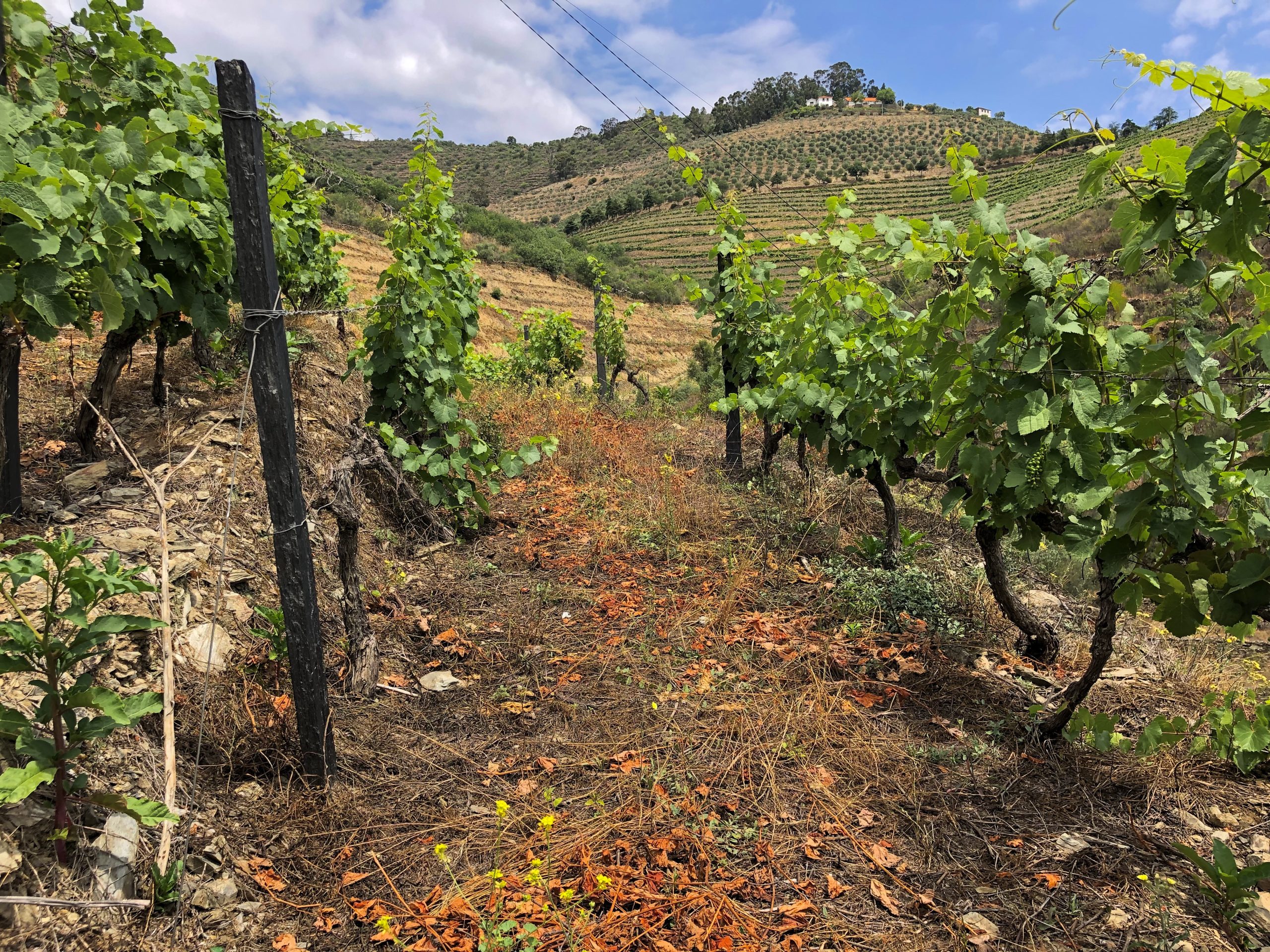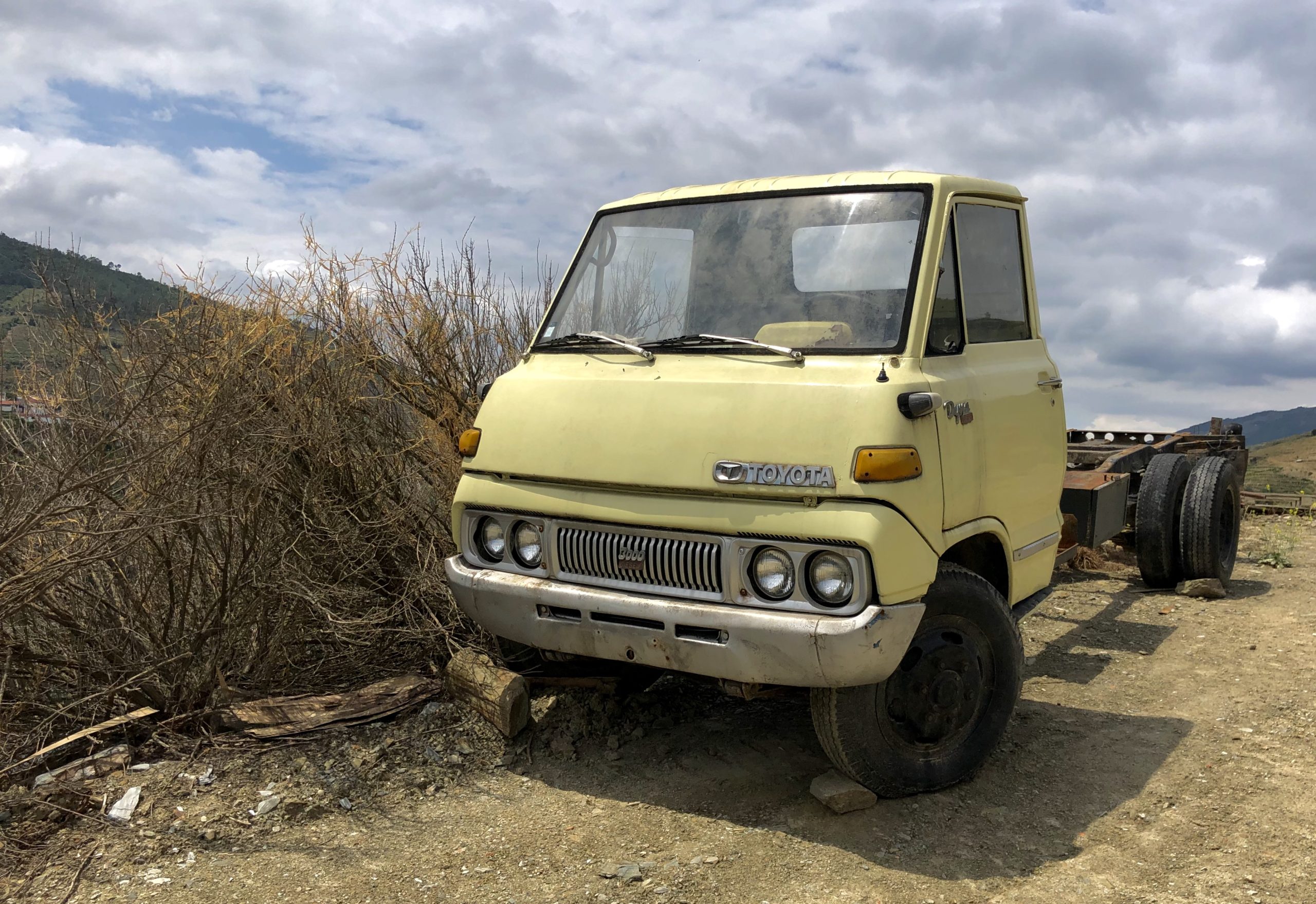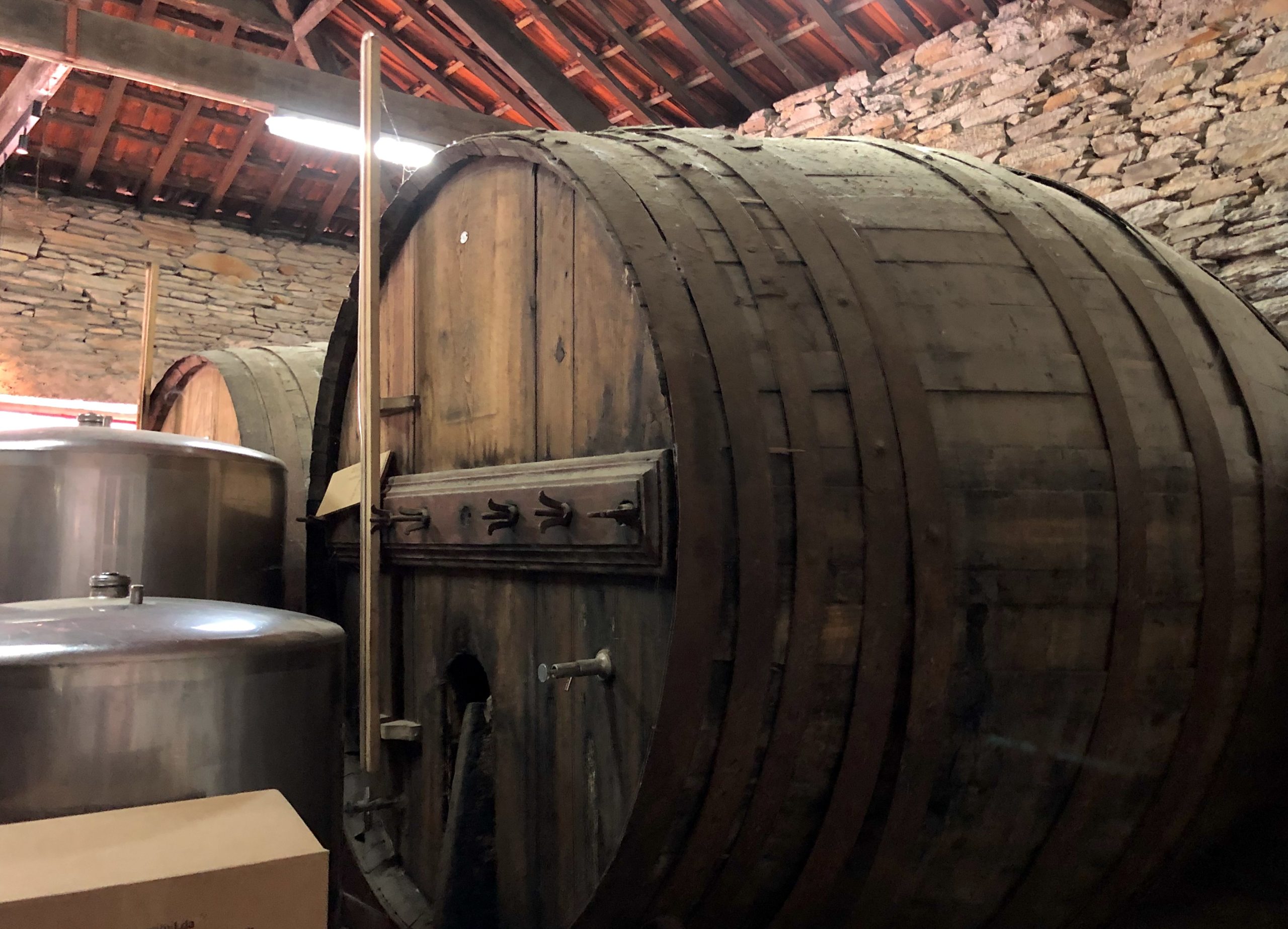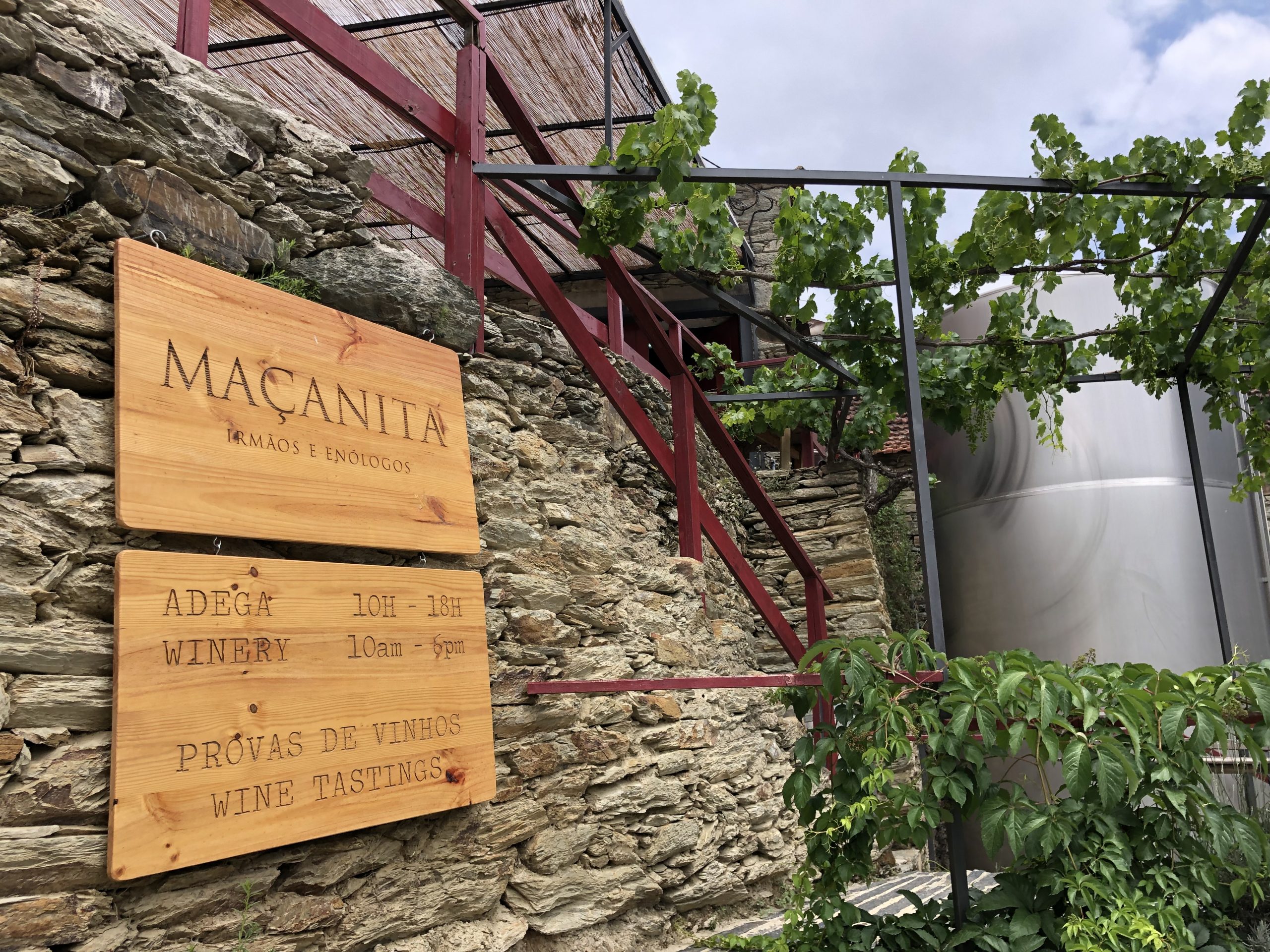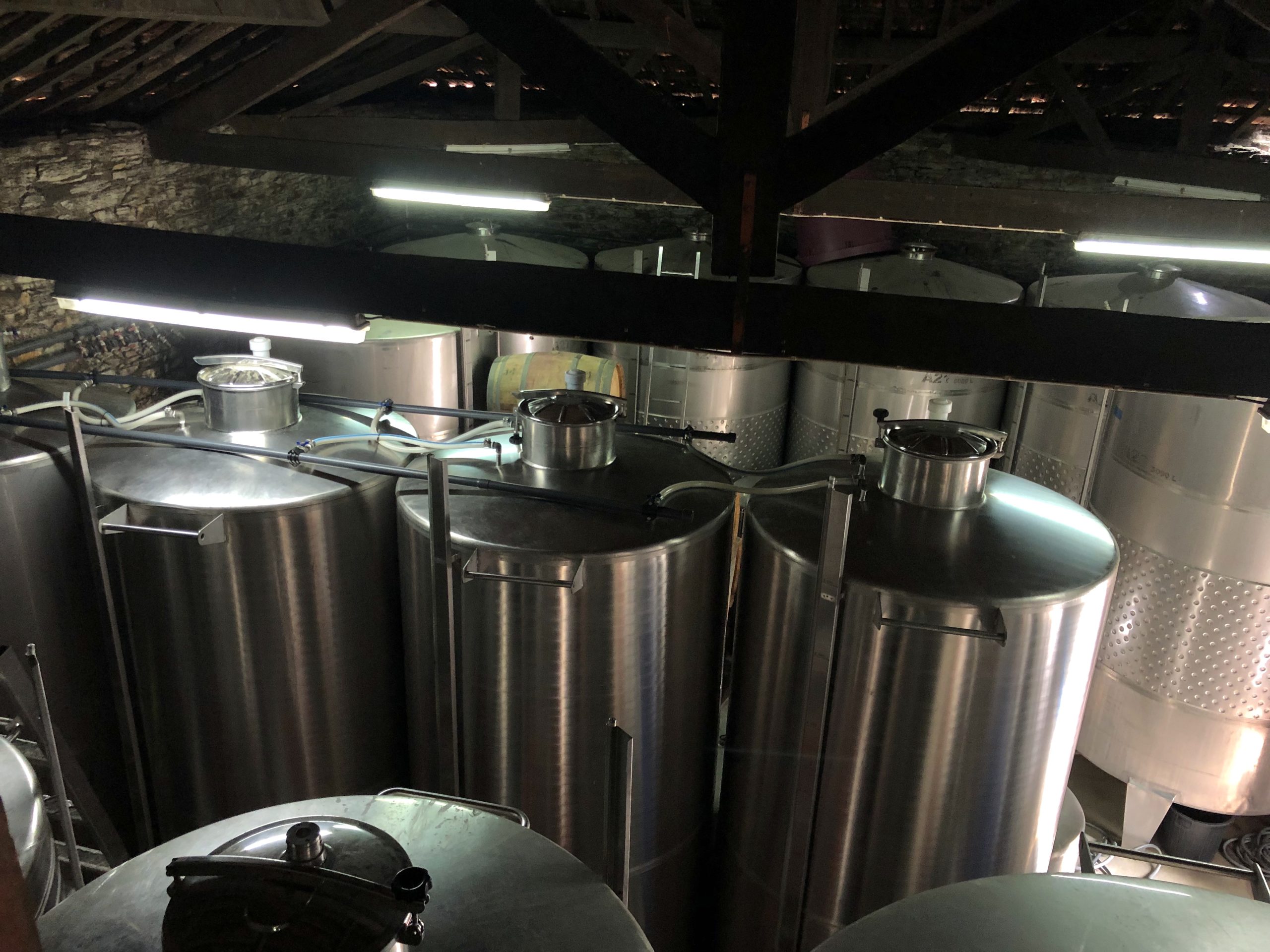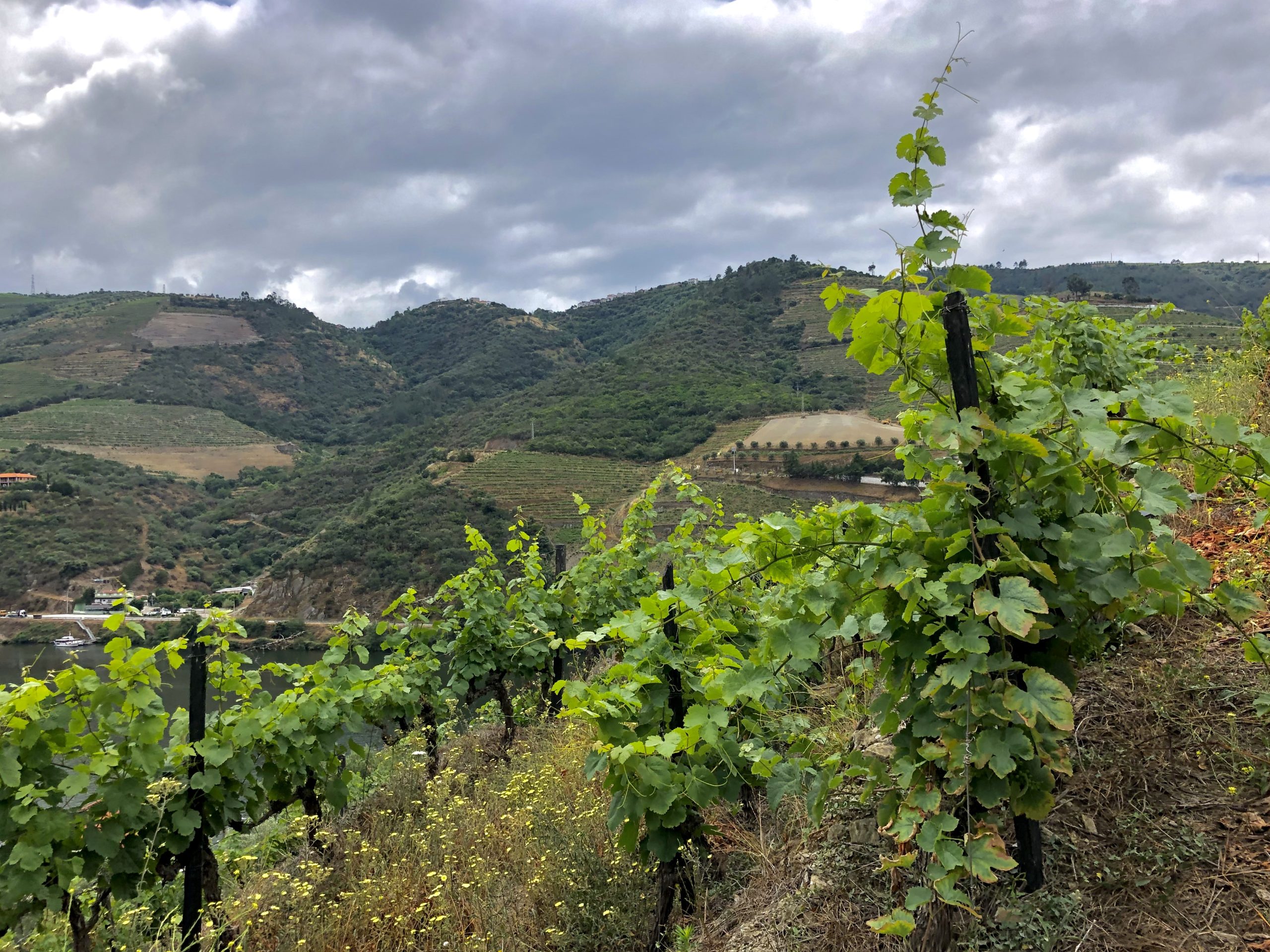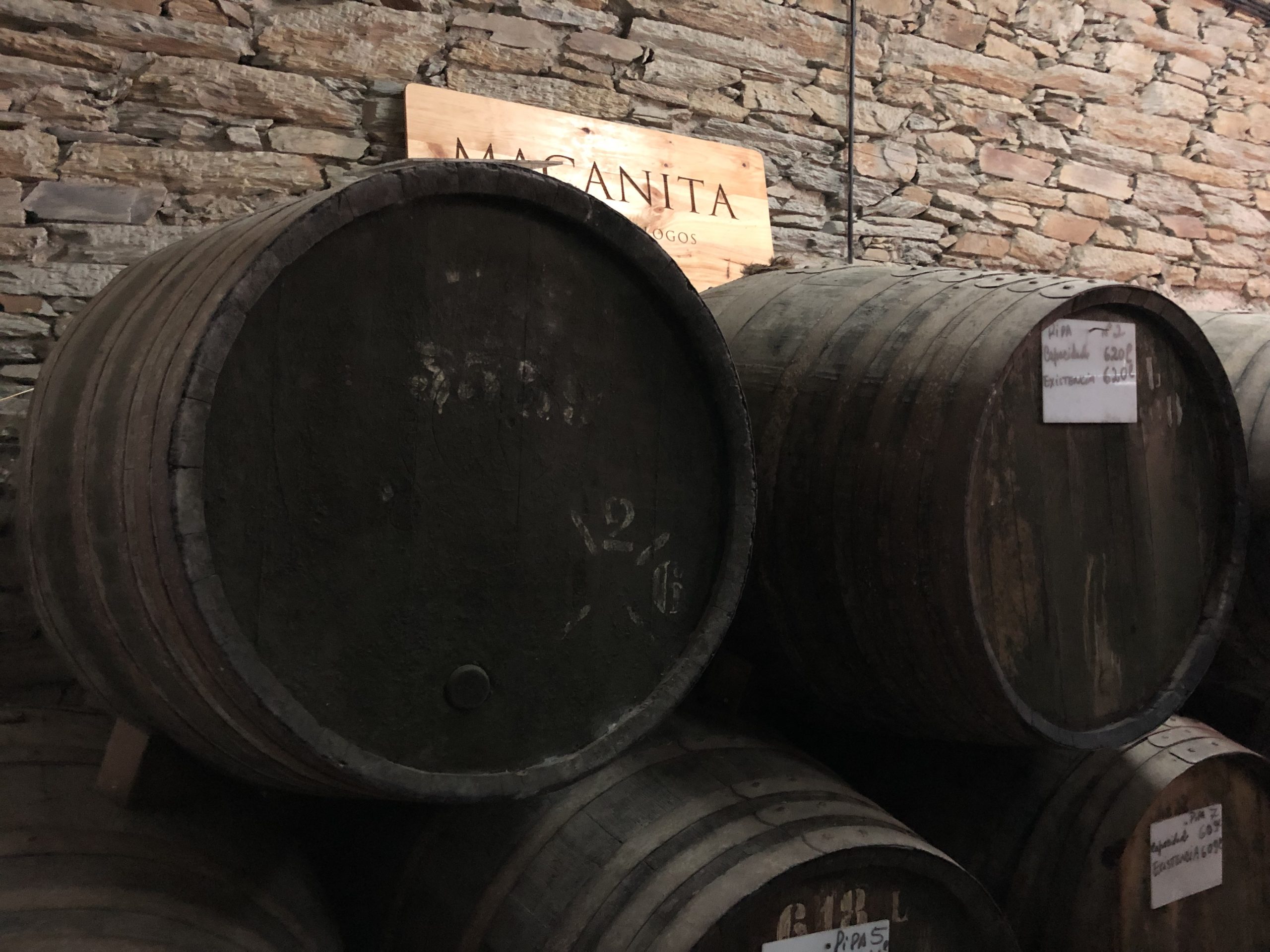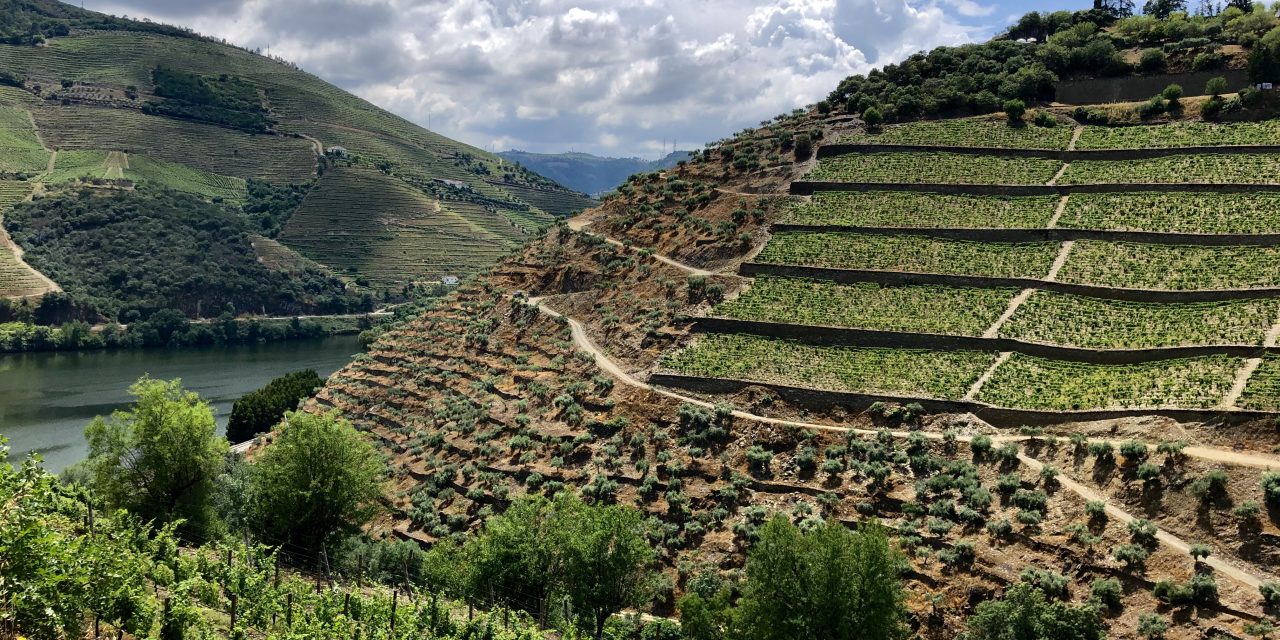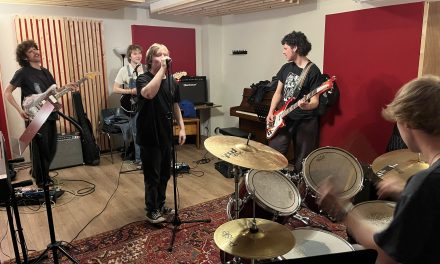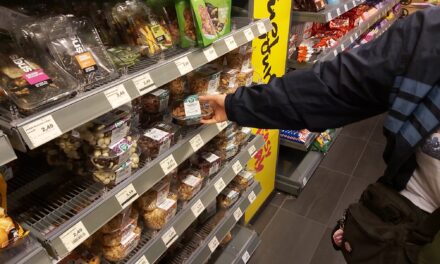Experts say that Portugal is one of the countries in Europe that is most vulnerable to climate change. Some of the effects it has and will experience are droughts, forest fires, and coastline erosion due to the rising sea levels and increased storms. Portugal is home to 4700 wineries, many of which are located in The Douro wine region. The region is the world’s oldest wine-growing region and has a long history of quality wine production. However, some fear major changes will happen in the region’s wine producing culture, due to the effects of climate change.
In today’s podcast I talk with Portuguese winemaker Joana Maçanita on how climate change is affecting her vineyard in the Douro Valley (see end article).
“Especially in the southern part of Portugal, both water and heat are a constant problem. There are winters when there is little water and the water reservoirs of wine producers are almost dry. Other years are better, but it remains problematic”, Portuguese wine expert Gerrit Wermer explains. “In very hot summers, such as in 2018, the grapes burst in the heat, causing large parts of the harvest to be lost”. In 2017 Portugal made headlines when several vineyards in Portugal fell victim to a series of wildfires. Trends indicate that the region will experience higher an increasing amount of extremely hot days and an increasing amount of extremely cold days.
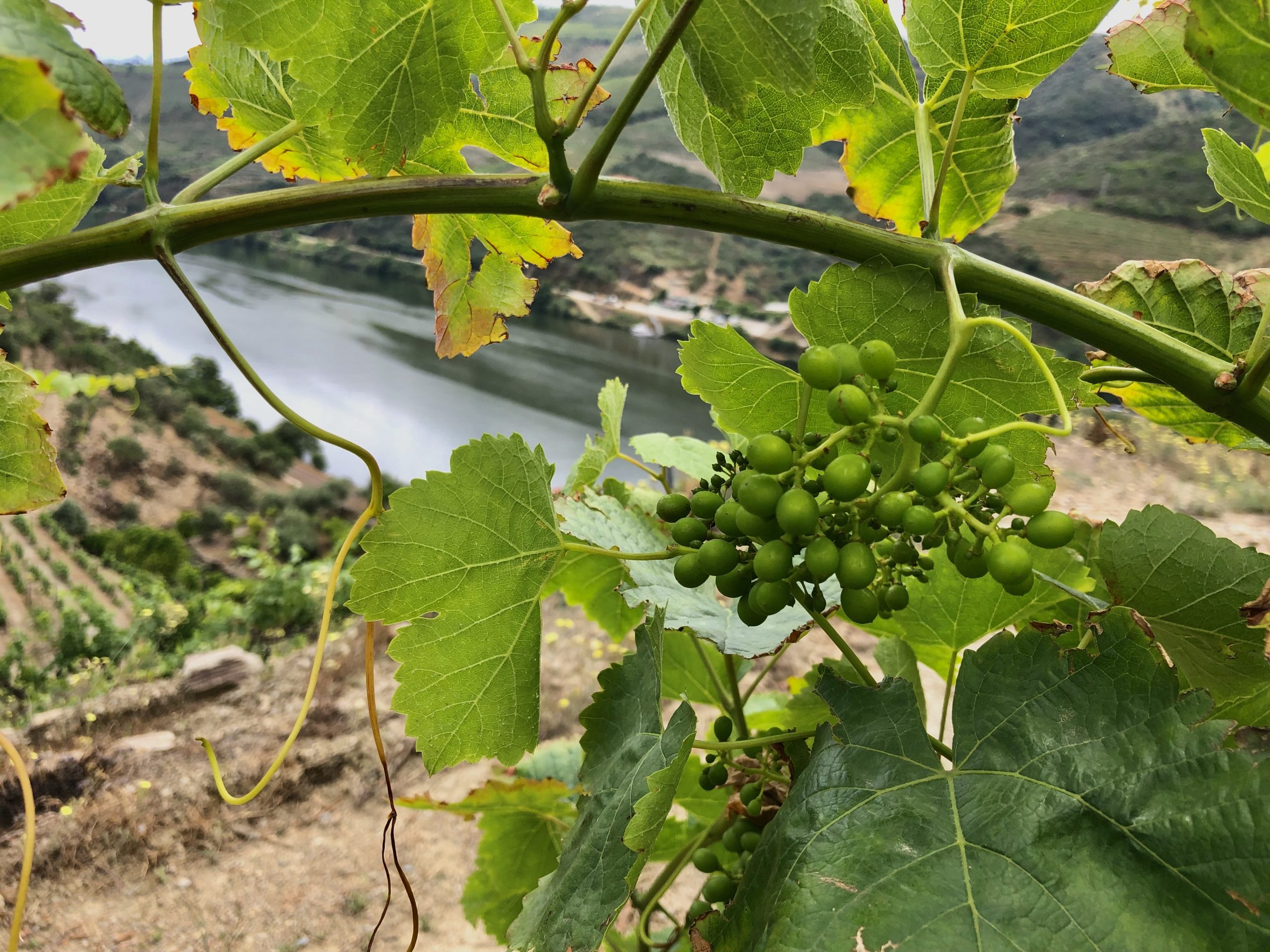
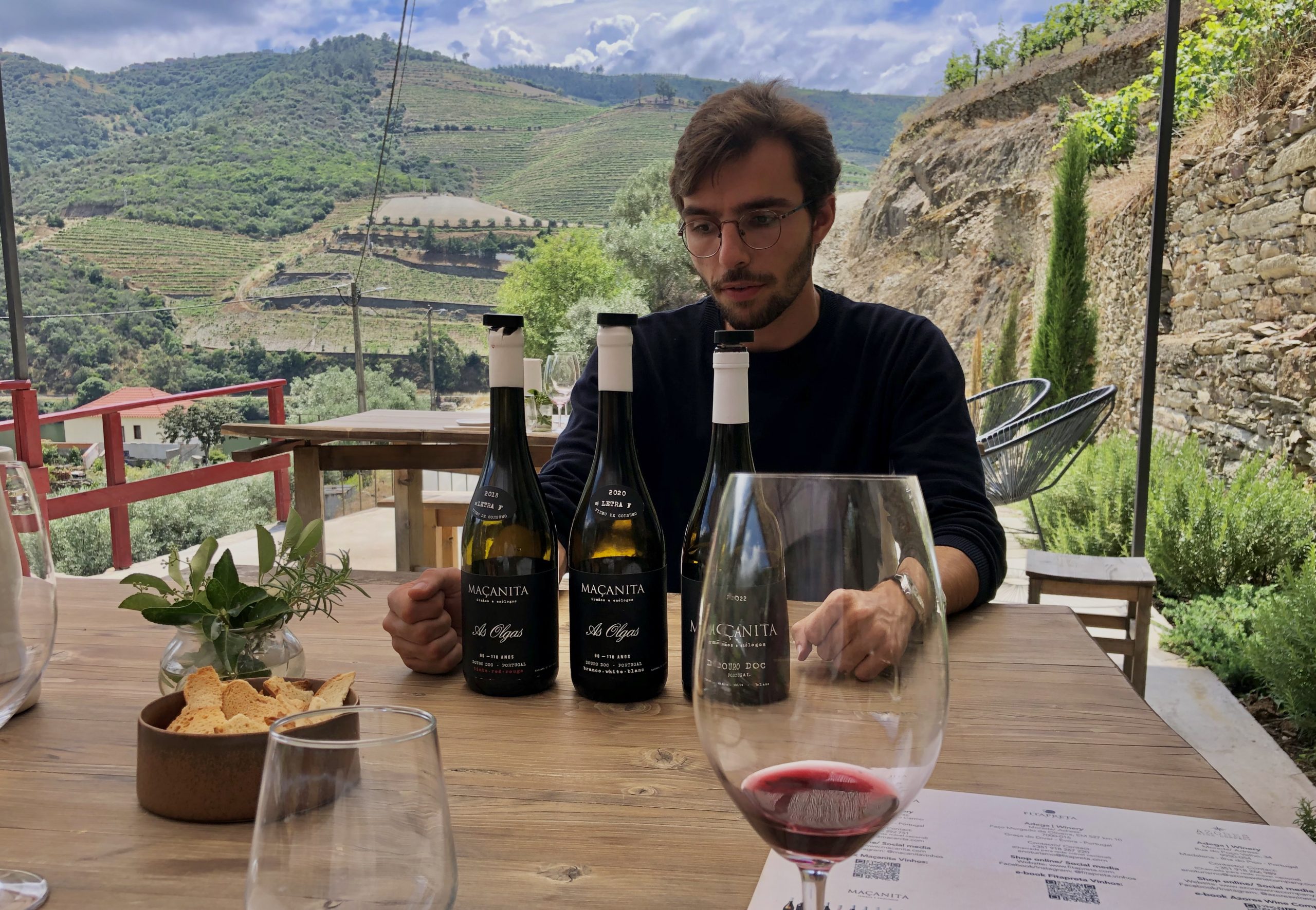
Extreme weather
“It’s so hot. Last summer on the 14th of July, it was 48 degrees Celsius here. It was the highest registered temperature in Portugal”, sommelier Antonio explains while showing wines at the Maçanita vineyard, settled along the Douro River. Future predictions indicate a temperature rise of 2.5–6.6°C by 2050. “Prolonged extreme heat can cause the grapes to burst on the tendrils, this is called sunburn. If this happens, winemakers can no longer make wine from those grapes”, Wermer explains.
The region is not only experiencing an increase in temperatures, but research also projects annual precipitation to decreases up to 15% by 2050. This decrease will put pressure on scarce water supplies, changes in grapevine phenological timing, and alteration of the composition of grapes and wine.
Antonio also explains we see more over-maturation caused by drought: “When the grapevines can’t get enough water from the soil, they will take water out of the grapes to survive. This is when we see over-maturation. When you harvest the grapes, they will have less weight”. However, increasing temperatures are not just negative for the vineyards in the Douro region. “It’s becoming perfect to make drier wines and wines that are defined as ‘good’ wines. So, in this case climate change is doing us a favor by helping us make these kinds of wines”.
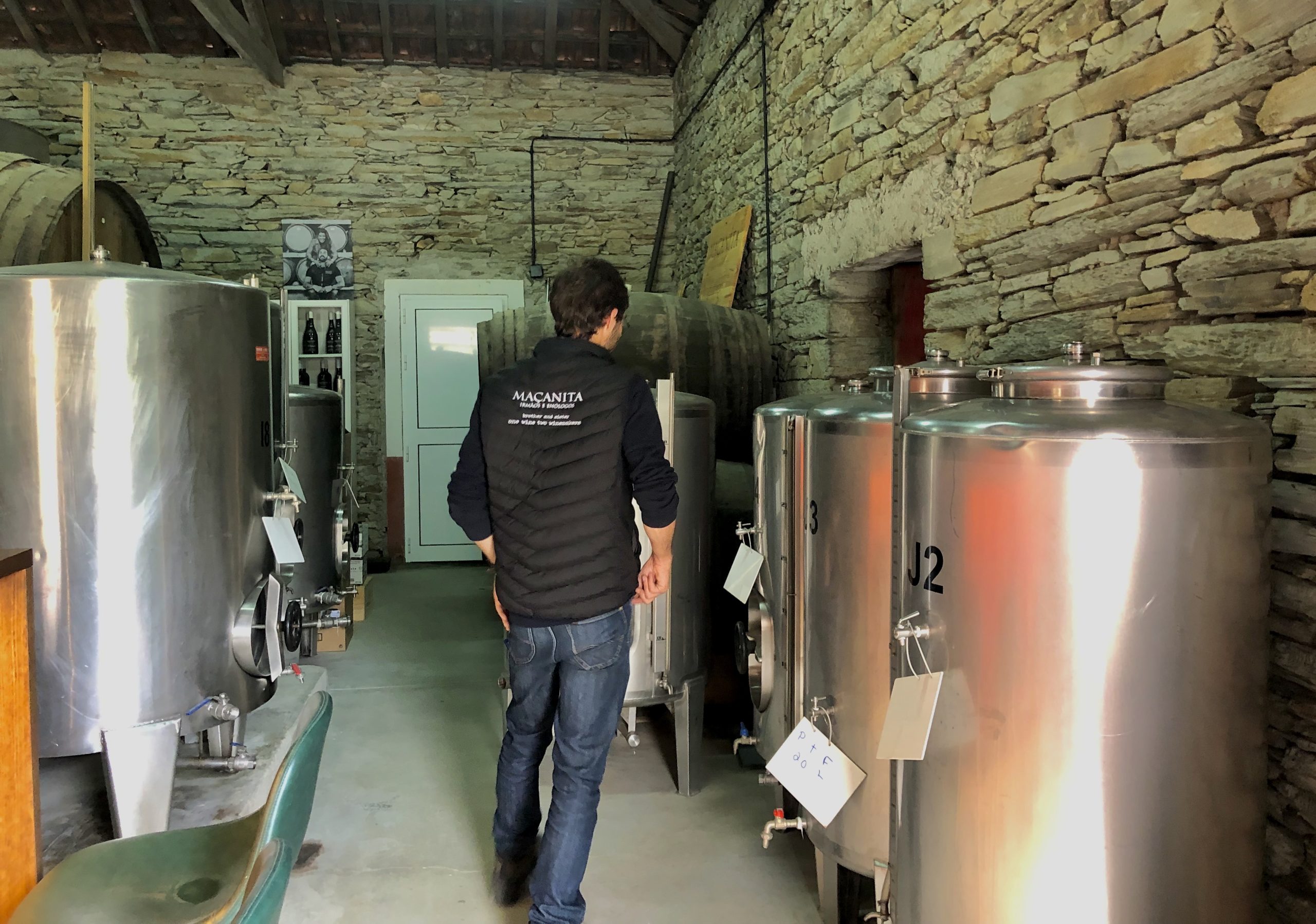
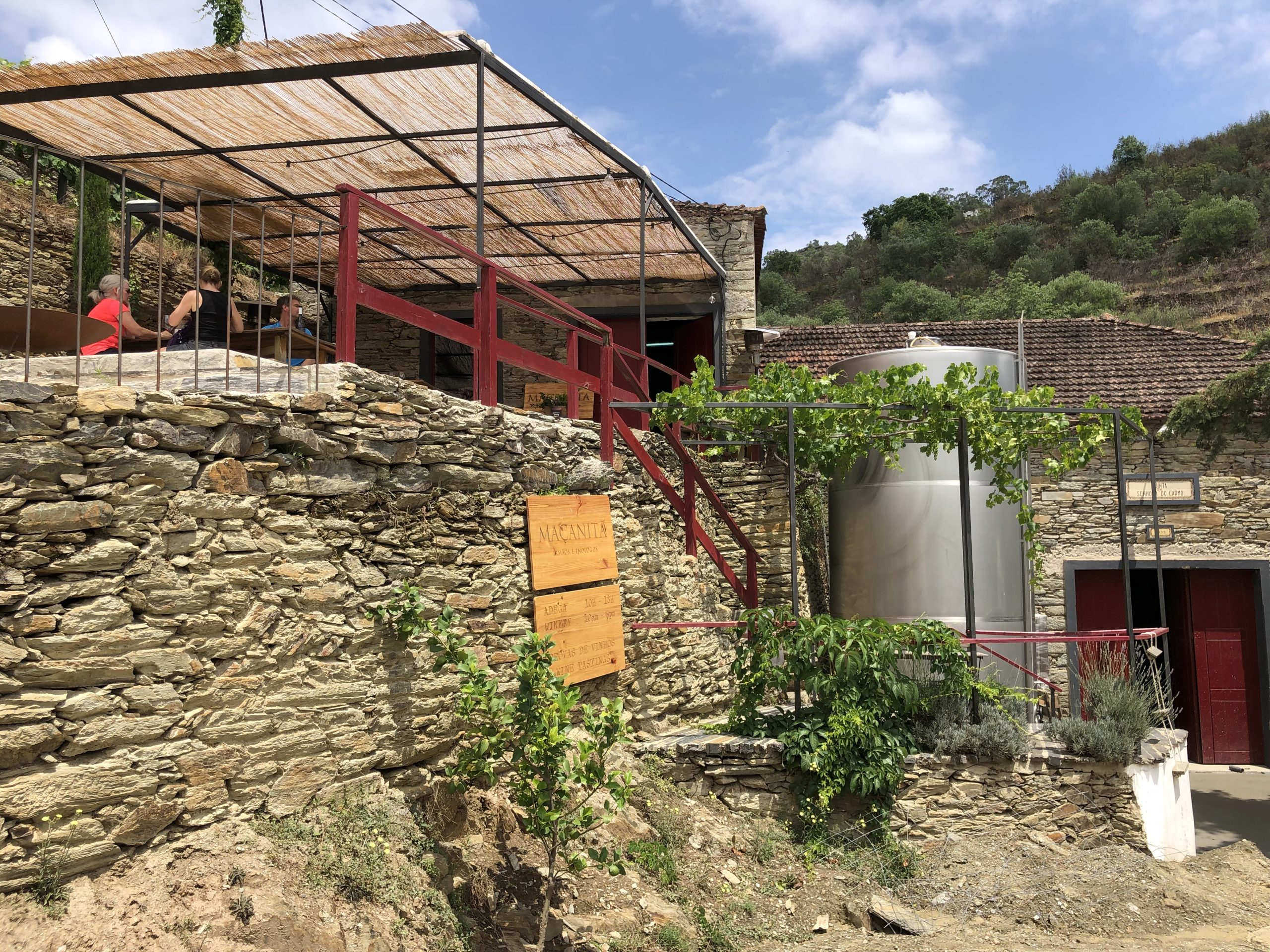
Resistant Crop
History has shown that grape growing regions adapted when climate was changing. “Even though grapes can burst in extreme heat and drought, there are grape varieties in Portugal that are more resistant to heat than grape varieties grown in northern countries. In recent years, for example in France, more grape harvest has been lost due to heat than in Portugal”, Werner says. Smaller, more niche wine vineyards are at greater risk from both short-term climate variability and long-term climate changes than broader acre crops, because they are less adaptable. Antonio says it is therefore important to choose grape varieties that can handle the extreme conditions well. “Touriga Nacional is a variety that we work with a lot and it’s one of the most well-known varieties in Portugal. It grows really well in warm temperatures and it’s a variety that is now not only planted in Portugal, but also in France in Bordeaux”.
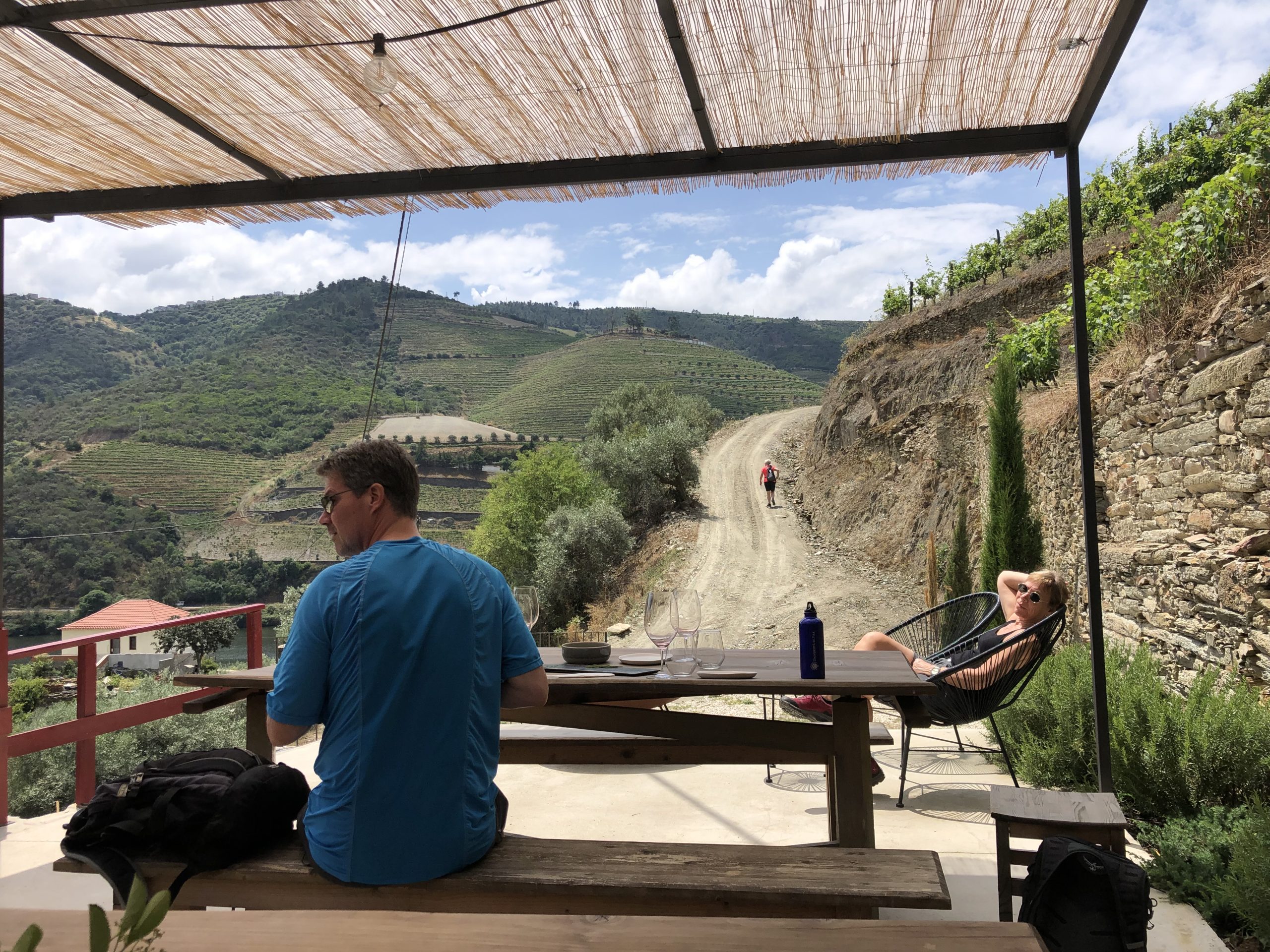
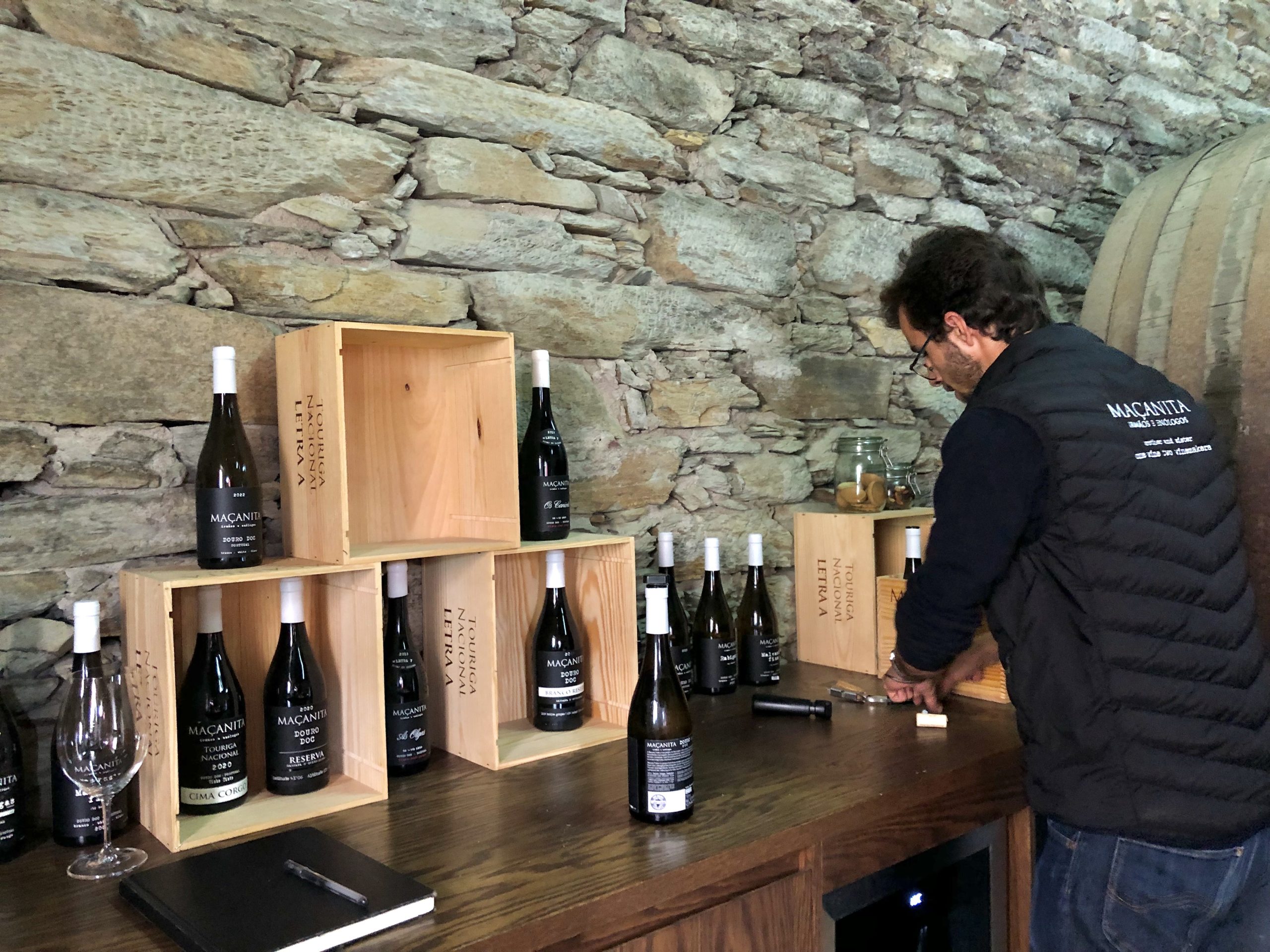
The Future
Antonio is currently doing research on the effects of climate change on wine production in the Douro region. He is not the only one: “There is a lot of research being done now on the most efficient ways to deal with the unpredictable weather. Big companies are putting a lot of money towards it. We have lots of partnerships with different Quintas (wineries) and producers to do and share research and there are also monetary prices for the best proposals to investigate certain methods”. The Association for the Development of Viticulture in the Douro Region (ADVID) is helping growers and producers by providing data collections, analysis and discussion on the best strategies to reduce the effects of climate change on wine production.
When asked if vineyards will move to other regions or countries to avoid the extreme weather in the Douro Region both Antonio and Werner say they expect the vineyards to adapt and remain in the this region. “You can see that wine regions are being developed further north in Europe, because the conditions for vineyards are getting better there”, Werner says. However, both Werner and Antonio do not see the wine culture shifting to other regions or countries any time soon.
How climate change affects a local wine maker (podcast)
Together with her brother, Joana Maçanita runs the ‘Maçanita Vinhos’ wine company with a vineyard located along the Douro River in the north of Portugal. In today’s podcast we talk about how the extreme temperatures have affected them.
